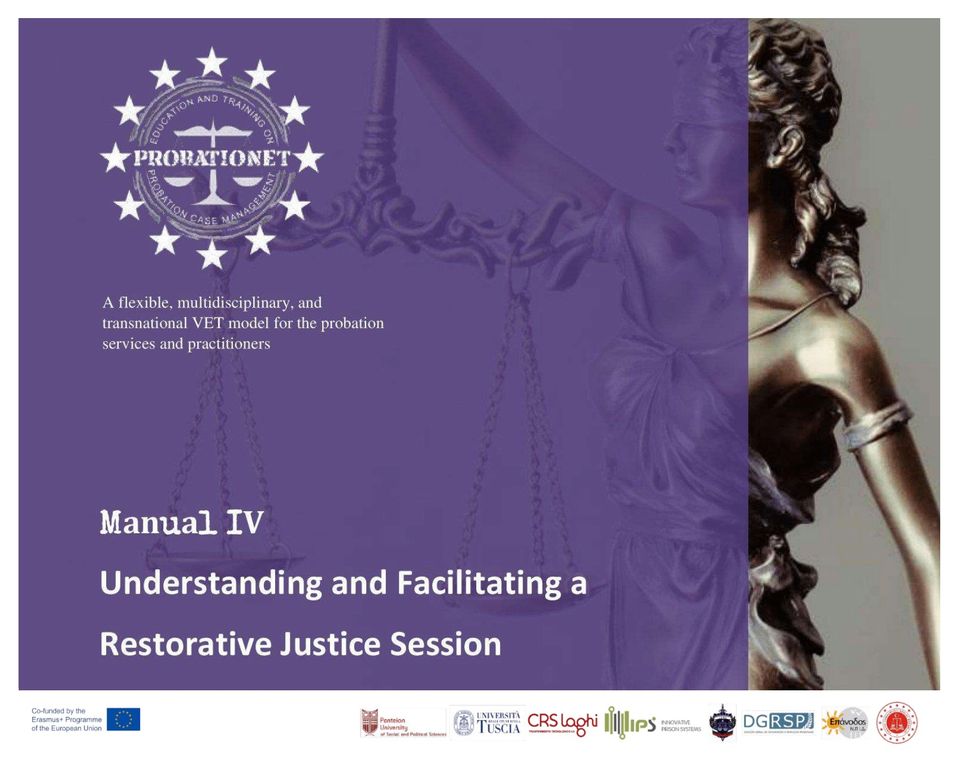Today, we share insights into another piece of this Restorative Justice-focused training with Manual IV: Understanding and Facilitating a Restorative Justice Session.
In this manual, we explore the roles and responsibilities of co-facilitators in RJ, who operate to ensure that the session maintains its trajectory of focus, safety, and productivity for all involved parties.
Here, the steps involved in employing Victim-Sensitive Offender Dialogue are explored – which is a discourse approach that crucially offers a controlled setting where victims and offenders can discuss the harm brought on by the offence, comprehend one another’s points of view, and attempt to repair the harm.
Additionally, Manual IV presents the BARJ Model of Restorative Accountability, which promotes responsibility as a multidimensional process. Finally, the manual concludes with a focus on balancing risks and benefits in RJ, focusing on highlighting the primary determinants that encompass complex cases (such as IPV or Hate Crimes); including pre-existing relationships, hierarchical dominance, power differentials, and significant impacts on the affected individual.

All four manuals are already available in English, but stay tuned for their upcoming translations in Portuguese, Bulgarian, Italian, Greek, and Turkish!
These manuals and additional key resources on Restorative Justice can be found within the free PROBATIONET b-learning course, “Restorative Justice and Recidivism Course”, which is available for free.

